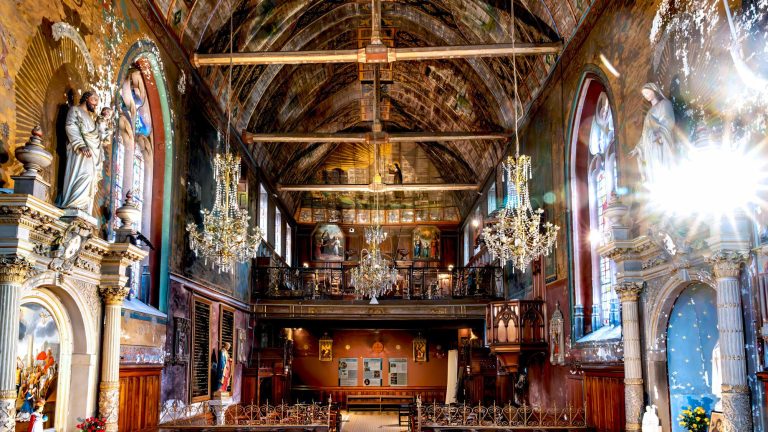how can we explain such a sharp increase in adult baptisms?
Sonia, baptized in 2023, is clearly aware of the Covid effect: “I have been a believer for thirty-nine years, although I come from a family of atheists. Covid was a detonator. I went to knock on the door of the presbytery,” she testified for the National Service of Catechesis and Catechumenate (SNCC).
The pandemic, which explained the relative drop in the number of baptisms in 2021 (3,639), for practical reasons (difficulties in bringing together and accompanying catechumens, bringing together families during celebrations, etc.), could partly shed light on this unexpected rebound in the number of baptized at Easter. (Read the full study here)
“In the letters that adult catechumens sent to their bishop to motivate their request for baptism, the times of confinement imposed by Covid-19 often appeared as an opportunity for existential questions,” confirms Catherine Chevalier, director of the SNCC at the Conference of Bishops of France. In other words, thanks to an imposed withdrawal from the ordinary course of existence, the pandemic would have awakened the long-standing questions. The questions of life and death, the existence of a God close to humans, the meaning of life, the essential human brotherhood, ecology. As during a retreat, in a way, this moment would have allowed the encounter between a personal quest and the Gospel of Christ carried by the Church, a message of life and hope.
The usual duration of the catechumenate for adults, two years, supports this interpretation: those baptized in the Easter Vigil entered the catechumenate in 2022, the year of return to normal life. It is also many young adults (+36% aged 18-25), and many adolescents (+50%) who have knocked on the door of the Church, age groups where existential questions arise. are particularly pressing. “In a world in search of meaning, Christ and his Gospel speak to people who had never heard of him. Many attest to authentic experiences of salvation, those which lift you up, give you confidence, and open up the future for you,” attests Mgr Olivier Leborgne, Bishop of Arras.
An increase of more than 50% in three rural areas
How can we interpret the fact that the three ecclesiastical provinces where we observe a growth of more than 50% in requests for baptisms (those of Clermont, Dijon and Besançon), are rural territories? Should we see in this an attraction for the fraternal bond announced in Christian communities in the name of Christ (“Love one another as I have loved you”, John 15:12) in rural areas, where imperative of solidarity is more vivid? These fragmentary data do not allow us to confirm this.
The role of religious heritage
By what mediations did the new Christians come to Christ? The SNCC survey looked for the first time in 2024 at the role that religious heritage could play in adult conversions. The village church, such as Calvary, a monastery, a painting, a stained glass window, a village festival in honor of a saint… The religious heritage, of which liturgical celebrations are also a part, carries the memory of the faith of generations of the past, and somehow makes it come alive. This long memory has had “a major impact”, estimates the SNCC based on responses to a questionnaire to which 261 catechumenate support teams, representing a third of the dioceses, responded. Among many varied testimonies, one person mentions the parish bell tower “as if… the Lord is there, in the middle of your life”. The silence, the peaceful atmosphere of churches, havens of peace, are often cited for their role in awakening to faith. Coming out of curiosity to a monastery, a man asked for baptism at the age of 74.
Does the rebound in the number of newly baptized people initiate a significant development in the life of the Catholic Church? This should therefore be confirmed in the coming years. Faced with the collapse in the total number of baptisms for decades, the figures announced represent little. On the other hand, the Church struggles to integrate into parishes those who received baptism as adults: some desert Christian assemblies after a few years. A challenge of which Catholic communities are becoming aware, and which they are meeting through initiatives aimed at strengthening fraternal life with neophytes and offering lifelong training.







